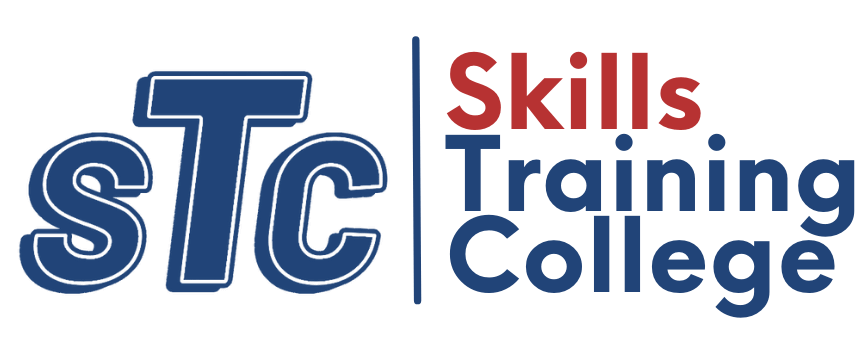Introduction:
In alignment with the Standards for Registered Training Organisations (RTOs) 2015, particularly Clause 1.8, emphasising the Principles of Assessment and Rules of Evidence, the formulation of the Academic Honesty Policy underscores the College’s commitment to upholding academic integrity within the vocational education sector. It recognises that maintaining the integrity of education is pivotal to learners’ development of skills and knowledge through formal vocational study.
Scope and Application:
The Academic Honesty Policy is applicable to all learners enrolled in course programs offered by the College. This policy encompasses all acts of plagiarism, collusion, and cheating committed by learners, and it extends to situations where these actions occur or are knowingly facilitated by the College’s trainer/assessors or other employees.
Overview:
The College’s primary mission revolves around delivering high-quality vocational education and training programs to its learners. The purpose of outlining the conditions under which the Academic Honesty Policy will be implemented is to safeguard the authenticity of learners’ assessment submissions. The College is committed to the consistent and equitable application of this policy across all its programs, ensuring that every learner enrolled at the College adheres to these standards.
Policy:
The College places substantial importance on the assessment process as it directly impacts the integrity of qualification outcomes. To maintain this integrity, the College treats plagiarism, cheating, and collusion with utmost seriousness. These actions constitute violations of learner conduct and will be subject to review and management by College authorities. Engaging in plagiarism, collusion, or cheating may result in disciplinary action, potentially leading to the termination of a learner’s enrolment, with no refund of fees.
Plagiarism:
Plagiarism, defined as the act of appropriating others’ ideas, writings, or work and presenting them as one’s own without acknowledging the original author, is considered a fraudulent act that infringes upon another’s intellectual property. The College emphasises that learners must clearly attribute ideas borrowed from external sources and that mere superficial alterations do not conceal the use of another’s words. Failure to acknowledge the source of a direct quote or specific writing without proper reference or acknowledgment is regarded as plagiarism.
Examples of plagiarism encompass:
- Directly copying one or more paragraphs, sentences, or significant portions of text.
- “Copy and paste” of content from a single or multiple sources.
- Submitting collaborative work as one’s individual effort.
- Copying or adapting another learner’s original work in a submitted assessment.
- Using software or websites designed for plagiarism, such as an ‘article spinner,’ or AI tools like ChatGPT.
- Notwithstanding the above, if more than 15% of a learner’s work is found to be plagiarised, the learner may be required to resubmit the assessment.
Resubmission of Plagiarised Work:
Learners acknowledge that, following an initial warning, a $50 re-submission fee per assessment returned by a trainer/assessor or marked as “Not Satisfactory” due to plagiarism will be imposed. Assessments will only be evaluated upon payment of the $50 fee per assessment. Persistent submission of plagiarised work may lead to the termination of a learner’s enrolment, without eligibility for a refund.
Cheating and Collusion
The College unequivocally condemns instances of learners engaging in cheating and collusion.
Cheating and collusion are characterised by:
- Collaborating on assignments when it is not a requirement of the assessment.
- Copying all or part of assignments from another participant.
- Submitting the work of others or a modified version of work from previous courses.
- Engaging in dishonest conduct in studies and assessment tasks.
Both cheating and collusion constitute acts of academic dishonesty.
The College's Expectations
When responding to assessment tasks, the College expects that learners will:
- Generate their own ideas.
- Draw upon information from the unit’s learning support materials and other relevant sources, expressing it in their own words.
- When a question necessitates quoting from legislation, regulation, or codes of practice, learners may reproduce the relevant text, provided they properly reference it, e.g., “The Work Health and Safety Act 2011 (the WHS Act) provides a framework to protect the health, safety, and welfare of all workers at work. It also safeguards the health and safety of all other individuals who might be affected by the work” (WHS Act Qld, 2020).
- For questions requiring an explanation related to legislation, regulation, or codes of practice, learners must formulate their responses in their own words.
- Complete their own work, refraining from collusion, copying, or utilising others’ work.
- Strictly avoid the use of artificial intelligence (AI). All submitted work must be the product of the learner’s own efforts.
